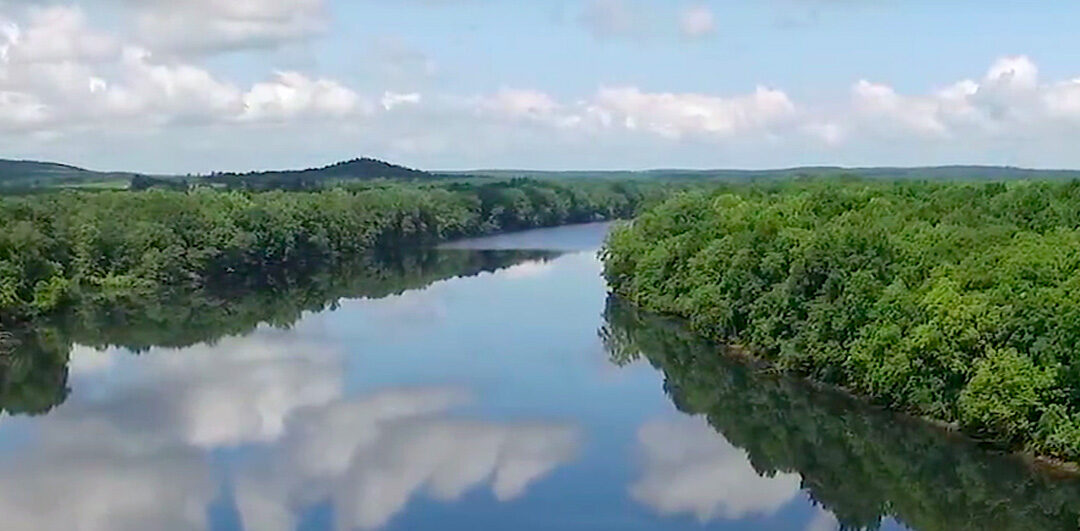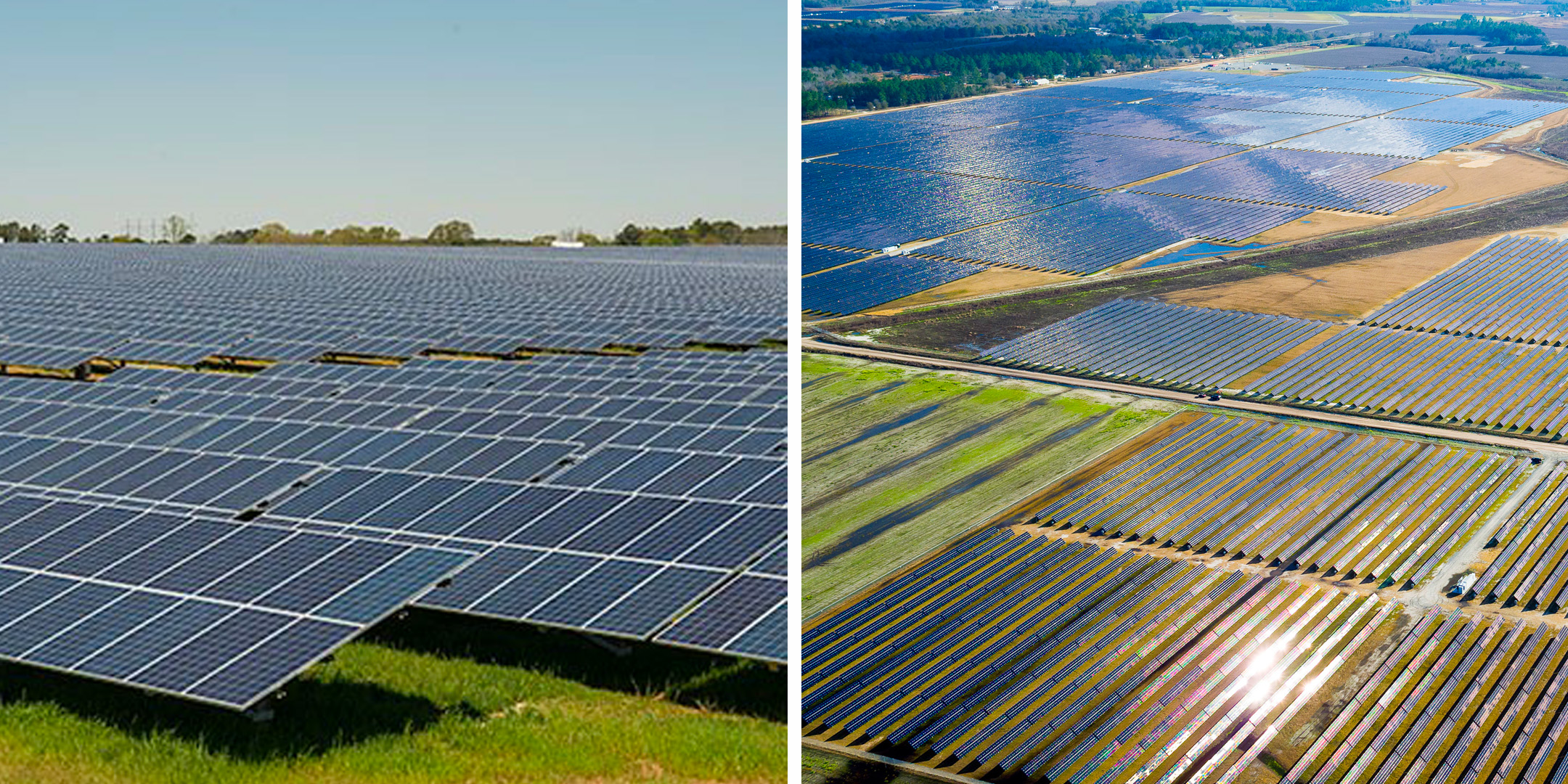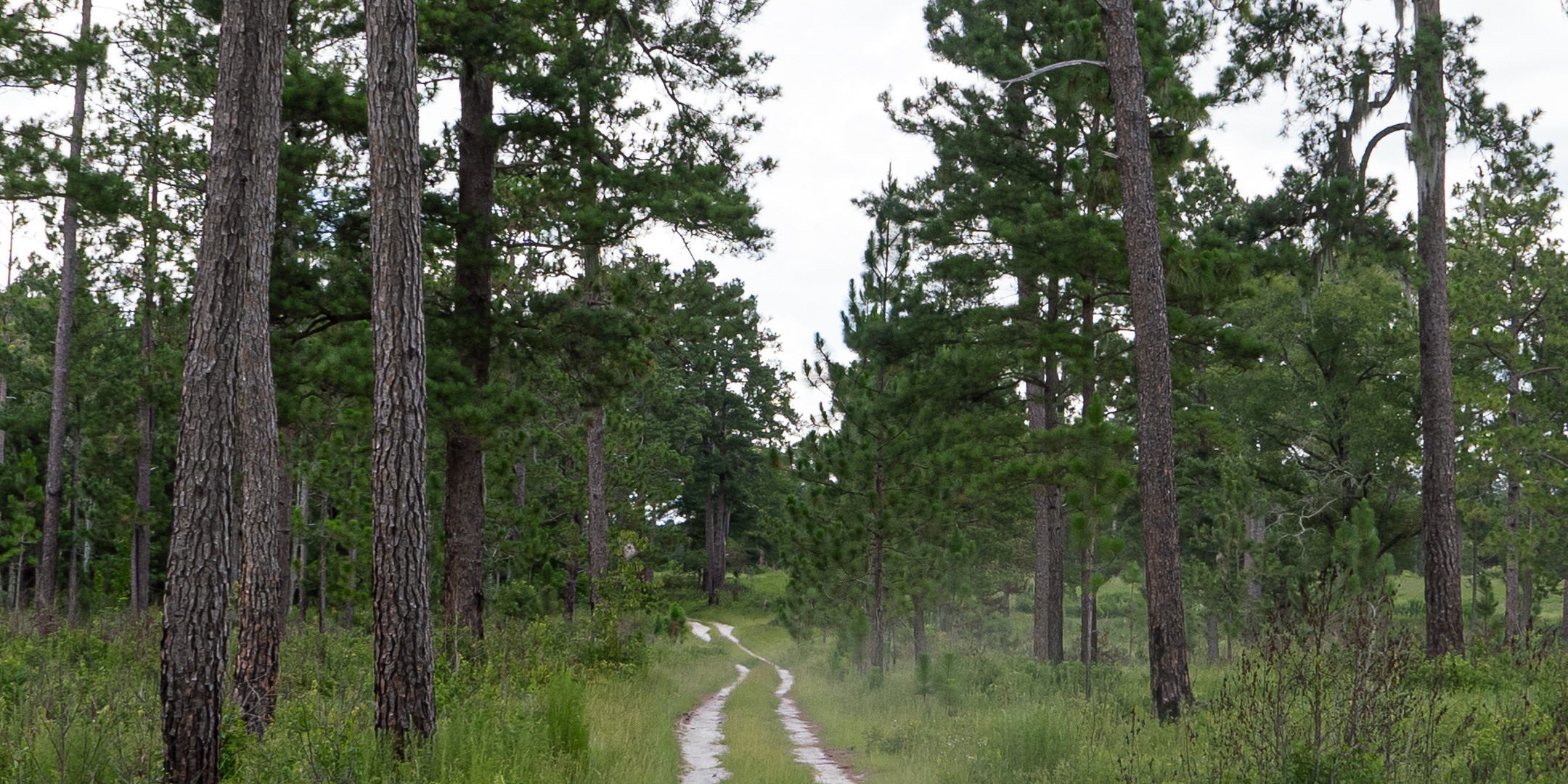Advocacy at the local, state and federal level is a primary function for adding bottom line value to Georgia Forestry Association members. The following provides a high-level update on the issues impacting forestry that we are tracking closely at the state and federal level. Stay engaged with our advocacy efforts by joining our Forest Resource Teams (FORT) and by contributing to ForestPAC.
HB 189 ENFORCEMENT
GFA engaged the Georgia Department of Public Safety’s Motor Carrier Compliance Division (MCCD) regarding the enforcement of House Bill 189 to haul forestry products at 88,000 lbs.
Current situation: GFA has received guidance from the leadership of MCCD that forest residuals and finished goods will be allowed to be hauled at the 88,000-pound limit. Products include the following:
- Forestry products from the forest were cut to the first point of marketing or processing. This includes chips, bark, or any other byproducts being hauled from the forest.
- Forestry or agricultural recovered materials (wood chips, shavings, dust, bark) from points of generation (wood mill) to a processing facility for secondary uses.
What to expect: It is not uncommon for it to take time for new legislation to be interpreted and implemented in accordance with the intent of the legislature. GFA is grateful to the leadership of MCCD for their willingness to listen and respond to our concerns and those of the legislature.
- If you are aware of drivers who have been cited, please make GFA aware by providing copies of the citation as we will work with MCCD and local legislators to handle these appropriately.
BRIDGE POSTINGS
Georgia Department of Transportation (GDOT) identified 733 new bridges to be posted following the statewide assessment they were required to do by law with the passage of HB 189.
Current situation: Of the total bridges, 306 are state-owned and 427 are locally-owned, all of which were officially posted with signage on September 9, 2023.
Digging deeper: GFA is working with elected officials, industry experts and GDOT to understand the process by which these bridges were identified and quantify the resulting impact on Georgia’s rural communities throughout the state.
Read More About the New Bridge Postings ➝
WATER RIGHTS
Senate Bill 115, passed in the final hours of the 2023 Legislative Session, presents some major concerns for private property rights due to the unintentional introduction of the public trust doctrine to Georgia’s navigable waterways.
What the bill does: The declared intent of the bill was to ensure the right of Georgians to fish and recreate on our state’s navigable waterways, a right that has long been recognized in Georgia code. SB 115 is a significant departure from Georgia’s common law and is the largest expansion of the public trust doctrine in decades.
Why it matters: Public trust doctrine is the concept that certain resources are held in trust by the state of Georgia for the people of Georgia. There are a few scenarios in which this represents a deterioration of private property rights from a legal perspective:
- The bill presents a direct conflict with a landowner’s private property rights as established by allowing for the trespass by a third party to fish or recreate.
- Due to Senate Bill 115 greatly expanding the definition of Georgia’s waters that are subject to the public trust, it provides more litigation opportunities for the public to bring claims against the State of Georgia or private property owners related to their rights, this includes the many forest products mills across Georgia that have water use and discharge permits.
- This legislation will cause complications to the EPD permitting process, creating the grounds for environmental groups and private citizens to endlessly challenge the issuance of discharge permits.
WATERS OF THE UNITED STATES
A final ruling was recently released by the Environmental Protection Agency and U.S. Corps of Engineers, amending the definition of the Waters of the United States (WOTUS). They reported the amendments to conform to the U.S. Supreme Court’s decision in the Sackett v. Environmental Protection Agency case. The rule does the following:
- Removes the significant nexus test from consideration for designating waters as federally protected.
- Revises the adjacency test for federally jurisdictional wetlands identification
- Addresses the fact that interstate wetlands do not fall within the interstate waters category
- Defines what types of features fall under the “additional waters” category
What they are saying: Today, Georgia Agriculture Commissioner Tyler Harper issued the following statement in response to the revised WOTUS rule published by the Biden Administration’s Environmental Protection Agency (EPA) and Army Corps of Engineers.
- “Yet again, the Biden Administration has rushed through a revised WOTUS rule that fails to provide much needed clarity for American farmers, ranchers, and property owners and that will lead to continued federal overreach,” said Agriculture Commissioner Tyler Harper in the statement linked here.
Issue of concern: While the “significant nexus” standard has been removed from the revised rule, it lacks clear definitions of words like “tributary” and “relatively permanent” waters, leaving the door open for continued federal overreach. In addition, the revised rule was finalized without normal notice or the opportunity for public comment.
SOLAR DEVELOPMENT RECOMMENDED PRACTICES
The Georgia Department of Natural Resources, U.S. Fish and Wildlife Service, Georgia Environmental Protection Division, Nature Conservancy, and Georgia Wildlife Federation have created a guidance document (linked here) outlining recommended practices for the siting and design of solar development. The document is for voluntary practices around solar projects in the state and is to be used as a reference and does not supersede any regulatory requirements.
What we believe: The Georgia Forestry Association is guided by three core principles: Private Property Rights, Sensible Taxes & Regulation and Healthy Markets.
- For landowners as it relates to solar installations, the first core principle (Property Rights) includes the right to use, lease, or sell their property in a manner that best fits their interests. The second core principle (taxes and regulation) includes ensuring a level playing field for anyone using land, regardless of its use.
- A land use ethic that supports the long–term sustainability of our state’s land and rural economy is critical and no single industry should get a pass on practices that erode the future potential of our state.
What is next: The GFA Environmental Committee is currently reviewing the recommendations and will be providing feedback as needed.
FOREIGN OWNERSHIP OF LAND
Ownership of U.S. land, specifically agricultural lands, by foreign persons or entities is a policy issue that is being debated by many state legislatures and our U.S. Congress.
Current situation: In most states, foreign persons and entities have the same property rights as the citizens of those states. Other states restrict or significantly limit foreign ownership of agricultural land while allowing for at least some level of ownership of non-agricultural land.
- Approximately twenty-one states specifically forbid or limit nonresident aliens, foreign businesses and corporations, and/or foreign governments from acquiring or holding an interest in private agricultural land within the boundaries of their state.
- Legislation that has passed in the past 18 months is also being reviewed by courts for compliance with state constitutions and the U.S. Constitution.
Our approach: GFA has created a Foreign Ownership of Land Committee to provide analysis and guidance on this issue. In general, the forestry community in Georgia has benefited from foreign investment. As legislation advances GFA will advocate for a clear definition of ownership, isolating limits to investors from countries that are adversaries of the United States (ie Russia, China, North Korea, Iran), and providing clear guidance on limits in proximity to U.S. military facilities.
- Foreign-held private GA agriculture land: 1,192,924 acres (3.9% of all agriculture land)
- The biggest consideration for foreign land ownership legislation is the definition of what constitutes a “foreign” owner.
- Currently, no federal law exists that restricts foreign persons from acquiring or holding U.S. agricultural land. There have been several federal legislation proposals made recently.
View the Foreign Ownership of Land Bill Tracker ➝
WORKFORCE: JOBS IN THE WOODS ACT
On Sept. 5, Representatives Lori Chavez-DeRemer and Marie Gluesenkamp Perez introduced the Jobs in the Woods Act, and it is intended to become a part of the 2023 Farm Bill.
Why this is important: This bipartisan legislation would create a grant program for nonprofit organizations, state governments, and colleges for workforce training in forestry-related fields to help prepare students for jobs in the U.S. Forest Service and the timber industry.




